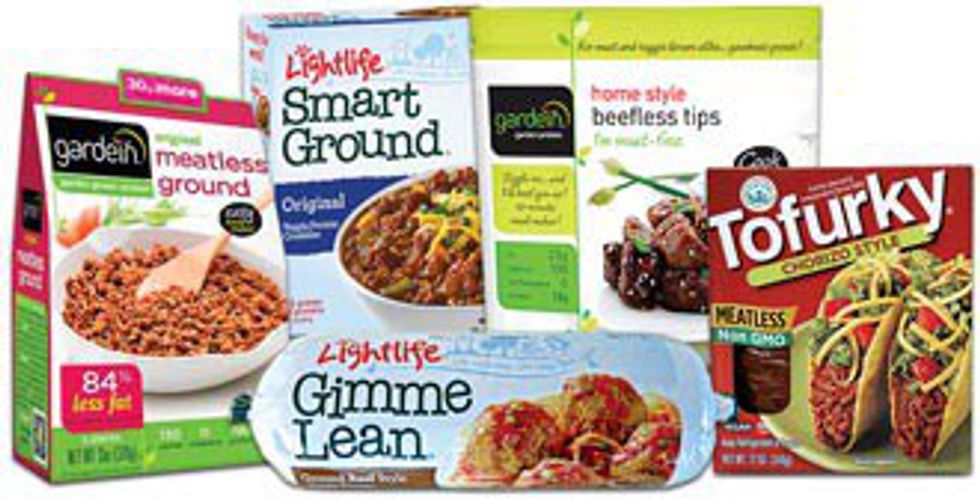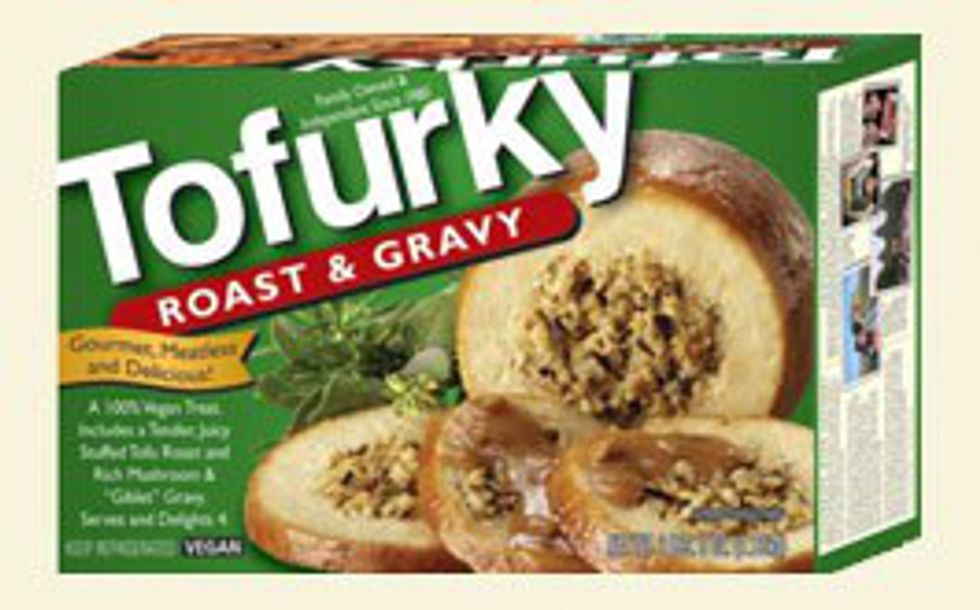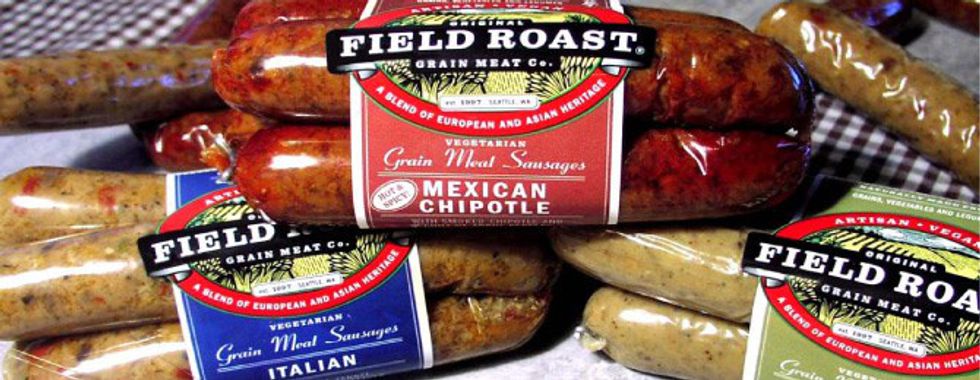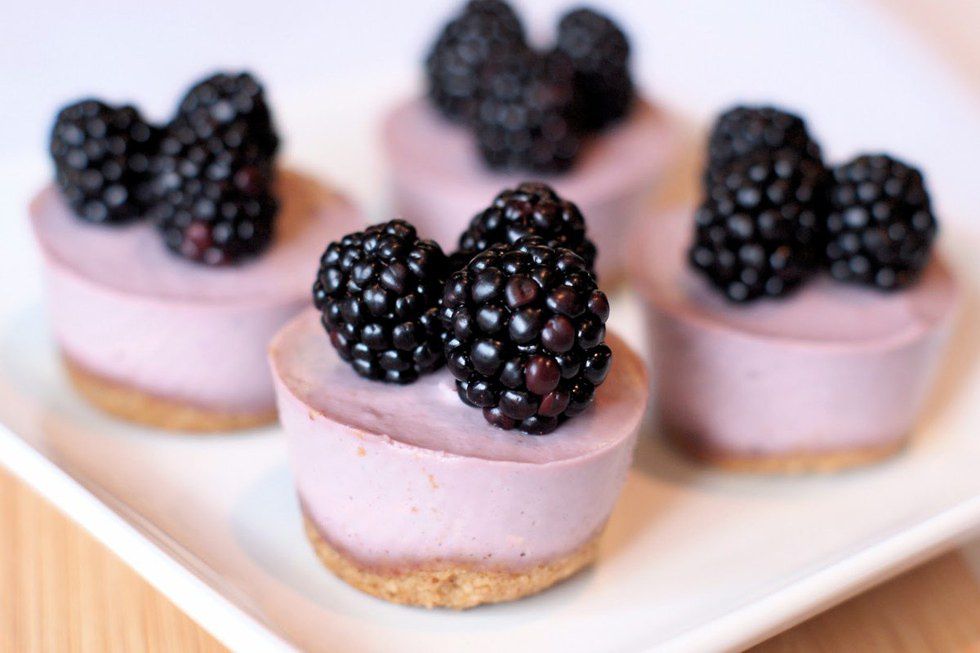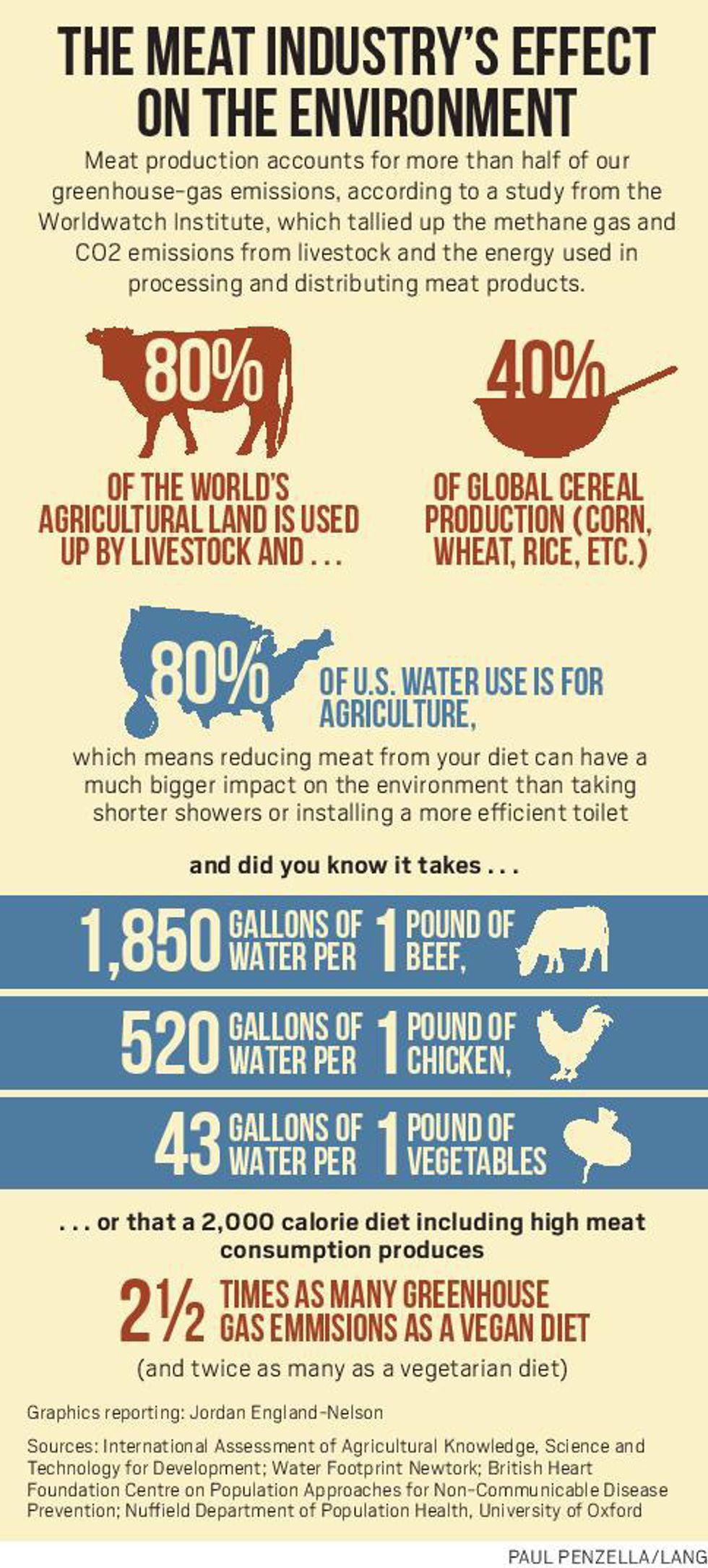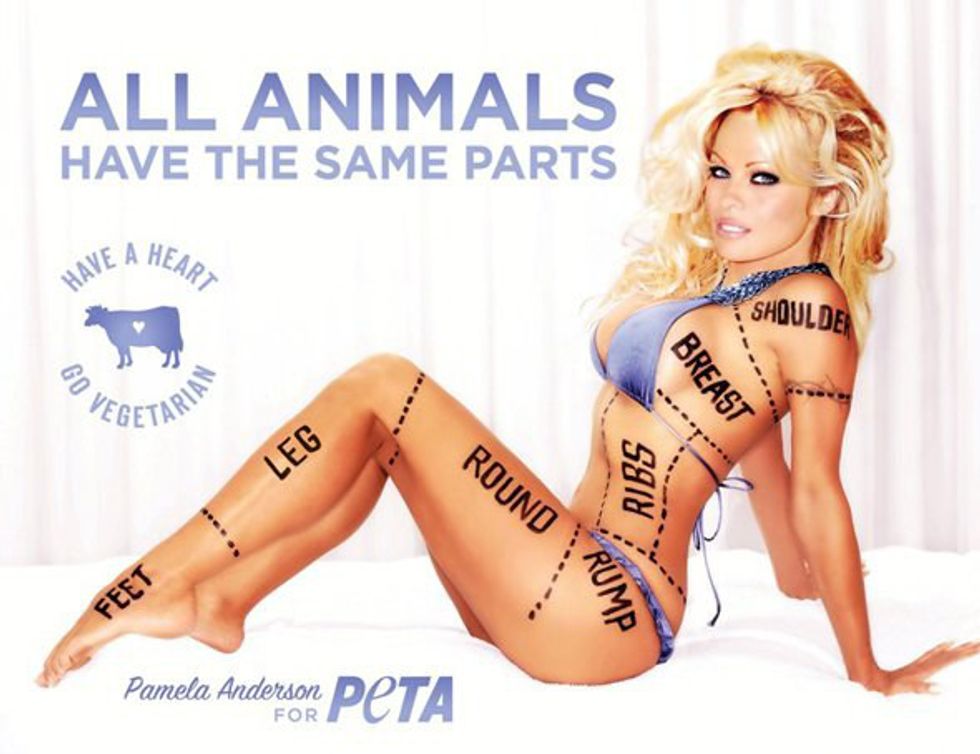As a person who been vegetarian for nearly 5 years, I would like to point out that the majority of vegans or vegetarians are not handing out pamphlets on why you too should be vegan or vegetarian. In fact, I would say that most of us do not care if you eat meat. I personally chose not to eat meat, and that was my own decision, just like it's yours to eat meat.
If someone asks me why I'm vegetarian I will be happy to inform them, but other than that, what I eat isn't discussed very often. My problem with "5 Reasons Why I Won't Go Vegan" were the reasons. The majority of the reasons were because food with vegan substitutes doesn't taste the same.
That's the point of vegan substitutes. We know the food doesn't taste the same, because it's not the same. The first reason for not being vegan for the author was that meat and dairy substitutes don't taste the same, specifically milk substitutes. Many people who are vegan or vegetarian don't like almond milk, soy milk, or coconut milk. I don't like almond milk, and I don't drink dairy products often, so that really isn't a problem.
The second reason was about how breakfast did not taste the same regarding bacon and meat substitutes. I know what you're saying. I cannot stand tempeh bacon. It's one of my least favorite foods. Many vegans and vegetarians would agree. Some of the substitutes out there for meat and dairy products really are disgusting. Tofurky? Don't even talk about it.
The third reason is also about the food not tasting the same, but this time, with dessert. Again, we know it doesn't taste the same, it's not supposed to. And also again, some vegan ice cream products I find to be horrendous. Ice cream made with rice? Yuck.
Another point I should make is that when you are choosing a vegan or vegetarian diet, it should not be about "giving things up". If anything it should be about trying and experimenting with a wide variety of foods.
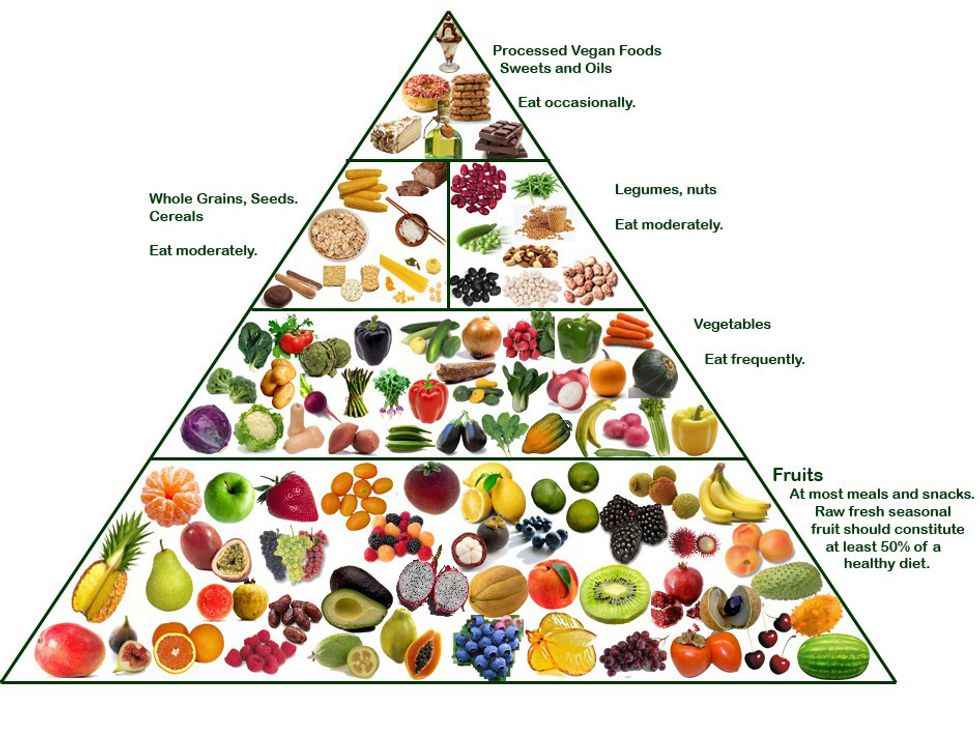
And let me tell you, there are thousands of choices for people who choose not to consume meat, dairy, and other animal products. Have you ever heard of Veggie Grill? Or Field Roast Sausages? Or Gardein? There is so much good food out there that doesn't contain meat. Here are a few that I have often for my meals as a vegetarian.
Keeping in mind that I am vegetarian, I do sometimes have eggs for breakfast, but honestly, not as often as you would think. More likely I have toast, with my favorite Earth Balance butter, with peanut butter or avocado, with a side of fruit, and maybe a Field Roast Sausage if I have the time.
For the dessert that you're looking for, it should be noted that you can make amazing treats with fruit. You can make apple date bars. You can substitute apple sauce for eggs in many recipes. You can make pumpkin spice chocolate chip muffins. Vegan dessert is not all about ice cream or using dairy substitutes. Often times, you don't even need a substitute to make something taste good.
The author's final two points I found to be more reasonable. I personally don't have anything against hunting or fishing. I don't like to see Facebook photos of bloody, dead animals, but I understand the purpose of hunting and fishing. When the author says that in the flyer they were given, they read the sentence, "you can't be a meat-eating environmentalist", they then bring in their points about conservation. I agree with them there, that many hunters and fishers are concerned about conservation. But the sentence in the pamphlet was most likely referring to the meat industry, which is entirely different from hunting or fishing.
The commercial meat industry has extreme environmental consequences. Hunting does not have the same impact on our planet as the meat industry does. When the author read that you cannot be a "meat-eating environmentalist", they may have assumed it was referring to hunting and fishing. Without reading the pamphlet myself, I cannot know the exact context of the sentence, but I can say that it probably was not referring to hunting and fishing as environmentally harmful activities, but to the environmental damages that the meat industry causes.
I could go on to tell you about the atrocious ways we treat pigs, cows, chickens, and other animals, but I'm sure we've all seen our fair share of PETA videos. (By the way, many vegans and vegetarians do not support PETA either! One of the reasons being for their sexist use of women and references to Hitler and the Holocaust in advertising.)
In the end, it doesn't matter to me if you eat meat or not. But if three out of five of your reasons are not being able to find vegan or vegetarian food that you like, then I can't take you seriously. I can respect your reasons for not being vegan as a hunter and a conservationist, but you should know that not all vegan food is disgusting. In the fight to save our planet from greenhouse gas emissions such as carbon dioxide and methane, we must look at where those emissions are coming from. The meat industry undoubtably contributes to the increase in greenhouse gases in our atmosphere. That is where the claim "you can't be a meat-eating environmentalist" stems from, not from the fact that people hunt and fish.
I appreciate the fact that you can recognize the benefits of hunting and fishing for ecological conservation. By writing this, I do not mean to offend you or make you upset, only to point out a few things that you may have not considered. Being vegetarian has been a great thing for me, but I can understand that it may not work for others and that it may be difficult to find foods that you like, whether for financial reasons or other reasons. There is nothing wrong with that. You cannot force someone to be vegan or vegetarian, and you cannot force someone to eat meat. This works best when we understand and accept the reasons why others choose a different diet than ourselves.




